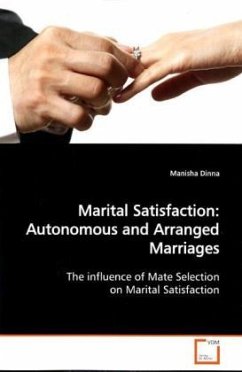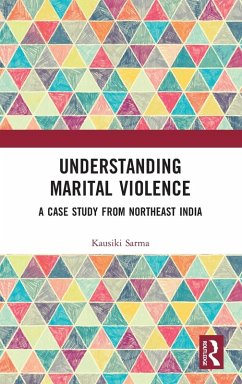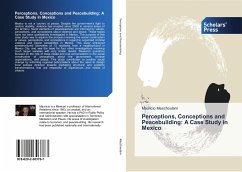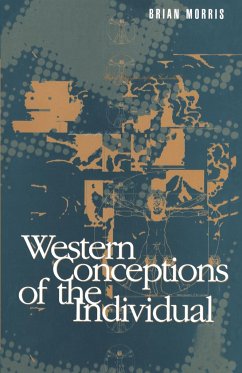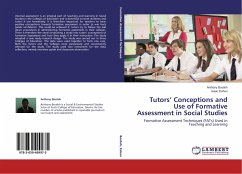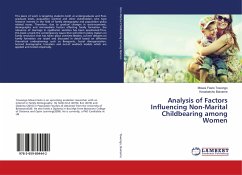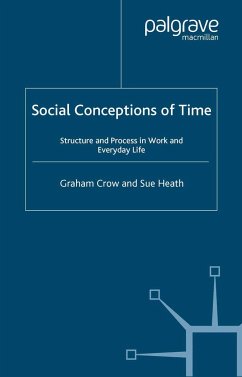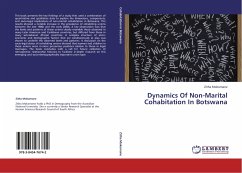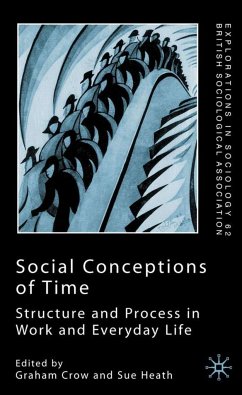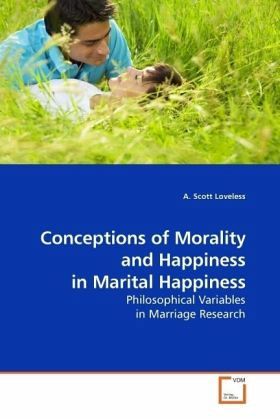
Conceptions of Morality and Happiness in Marital Happiness
Philosophical Variables in Marriage Research
Versandkostenfrei!
Versandfertig in 6-10 Tagen
52,99 €
inkl. MwSt.

PAYBACK Punkte
26 °P sammeln!
Philosophical variables in marriage are vastly underexplored. In a world where "political correctness" holds sway, the suggestion that some ideas and ideals are more socially valuable than others can be anathema, but then how are we to evaluate the validity of the view that all ideas and ideals are of equal social utility? Most scientific study of "marital satisfaction" focuses on the relationship between respondents' subjective assertions of relative degrees of happiness with some easily identified and quantified objective independent variable, such as age at marriage, level of education, soc...
Philosophical variables in marriage are vastly underexplored. In a world where "political correctness" holds sway, the suggestion that some ideas and ideals are more socially valuable than others can be anathema, but then how are we to evaluate the validity of the view that all ideas and ideals are of equal social utility? Most scientific study of "marital satisfaction" focuses on the relationship between respondents' subjective assertions of relative degrees of happiness with some easily identified and quantified objective independent variable, such as age at marriage, level of education, socio-economic status, or the like. Little effort has been expended on the criteria respondents employ in making their subjective evaluations. Are spouses' personal beliefs/ philosophies about happiness perhaps of importance in affecting the quality, i.e. level of conflict or solidarity, in marriage? This book is an initial attempt at examining personal philosophy as a scientific variable in the study of marriage. It is written in the hope of assisting in understanding - and in more people achieving - truly "happy" marriages, which will benefit all of us.



